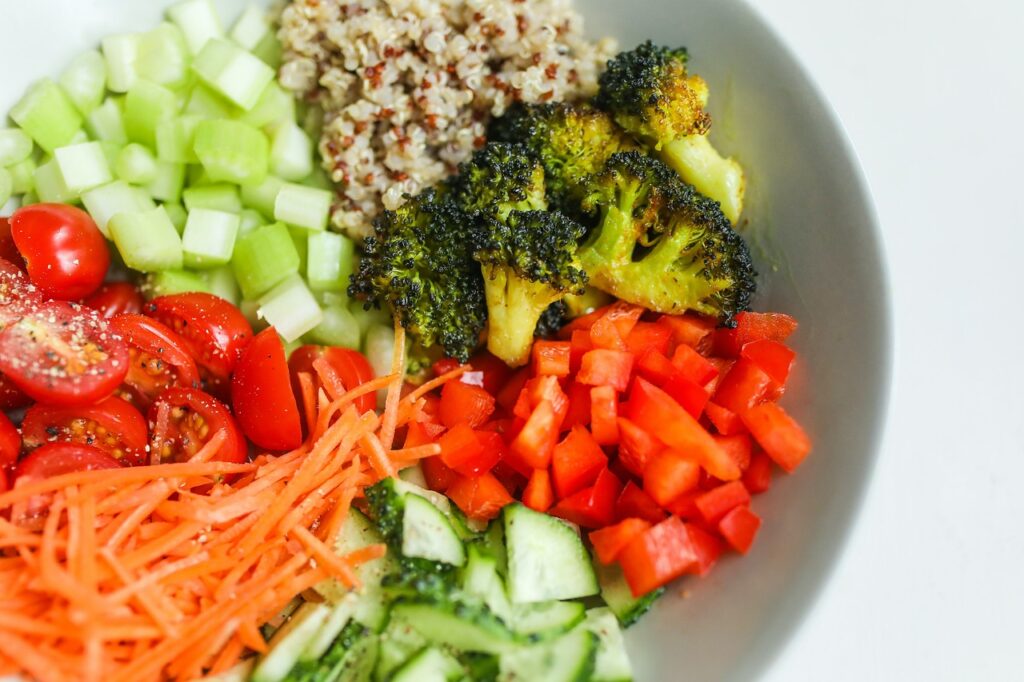A new trade proposal could make a life-saving drug even more expensive.
A new proposal from the Trump administration is raising alarm bells for patients who rely on insulin. Under the banner of national security, the government is considering placing tariffs on imported pharmaceuticals—including the insulin that millions of Americans depend on every day.
Experts warn the move could do more harm than good. Why? Because most of the insulin used in the U.S. isn’t made here. And if tariffs are imposed, the cost of this critical drug could rise—fast.
Why Insulin Is Suddenly Part of a Trade Fight
In April, the U.S. Department of Commerce launched a national security investigation into pharmaceutical imports under Section 232—a trade law that allows the president to impose tariffs if imports are seen as a threat.
But unlike steel or microchips, medicine has a direct and immediate impact on people’s lives, and critics argue that insulin should never be caught in the middle of a trade war.
Industry leaders, including major pharmaceutical companies and trade organizations, have voiced strong opposition to the plan. They say the global supply chain for medicine is interconnected, stable, and already working well—especially when it comes to essential drugs like insulin.
Most Insulin Is Made Outside the U.S.
It might surprise you to learn that the majority of insulin used in America comes from foreign manufacturers—especially in Europe.
For example, Novo Nordisk (based in Denmark) and Sanofi (headquartered in France) are two of the world’s biggest insulin producers. Together with U.S.-based Eli Lilly, these companies dominate the global insulin market. But even U.S. companies often rely on international facilities to produce, package, or distribute their drugs.
What this means is simple: if tariffs are applied to imported insulin or its ingredients, prices could spike, especially for newer or specialty insulin types.
The Real-World Impact for Patients
For many people with diabetes, insulin isn’t optional—it’s life-saving. But even before talk of tariffs, the cost of insulin in the U.S. had already tripled over the last two decades, leading to dangerous practices like insulin rationing.
If tariffs raise the cost further, patients could face even more financial pressure, especially those without good insurance.
Industry groups also warn that smaller biotech companies—which often drive innovation in diabetes care—might struggle to absorb new costs, potentially slowing down access to improved or more affordable options.
Are There Better Solutions?
Experts agree the U.S. should reduce over-reliance on foreign sources for certain medicines. But they say there are smarter, safer ways to do it than broad tariffs.
Here’s what they recommend instead:
- Target only real threats—such as imports from adversarial nations
- Build up U.S. manufacturing using public-private partnerships and incentives
- Avoid disrupting trusted trade relationships with allies like the EU and South Korea
- Expand access through better tax policy and regulatory reform, not import penalties
As one industry group put it, “Insulin is essential. Trade policy shouldn’t make it harder to get.”
Insulin and the U.S. Supply Chain: Fast Facts
- More than 7 million Americans rely on insulin
- Most insulin is imported, mainly from Europe
- Insulin prices have tripled since 2002
- New tariffs could increase costs or limit supply
- Experts warn the move may hurt patients, not protect them
The Bottom Line
Insulin already costs too much. Adding tariffs could make things worse for millions of Americans who depend on it every day.
As the government considers this bold trade policy, health experts are urging caution—and reminding policymakers that when it comes to essential medicines, access and affordability must come first.








